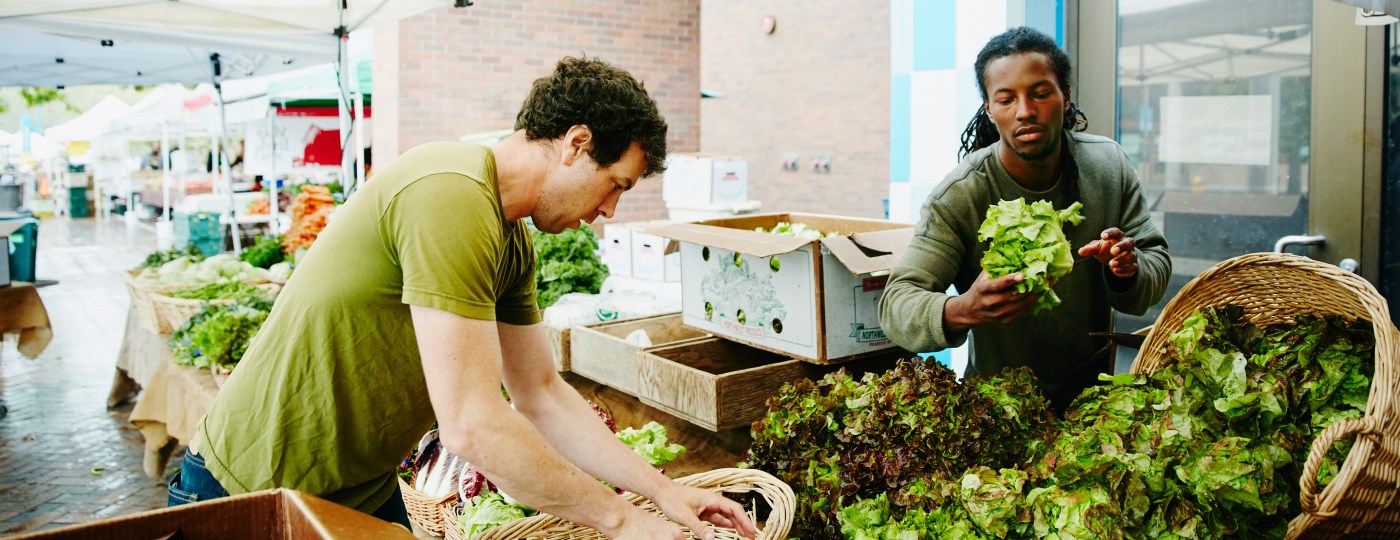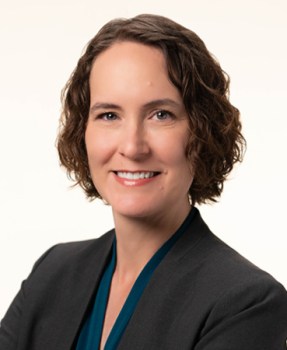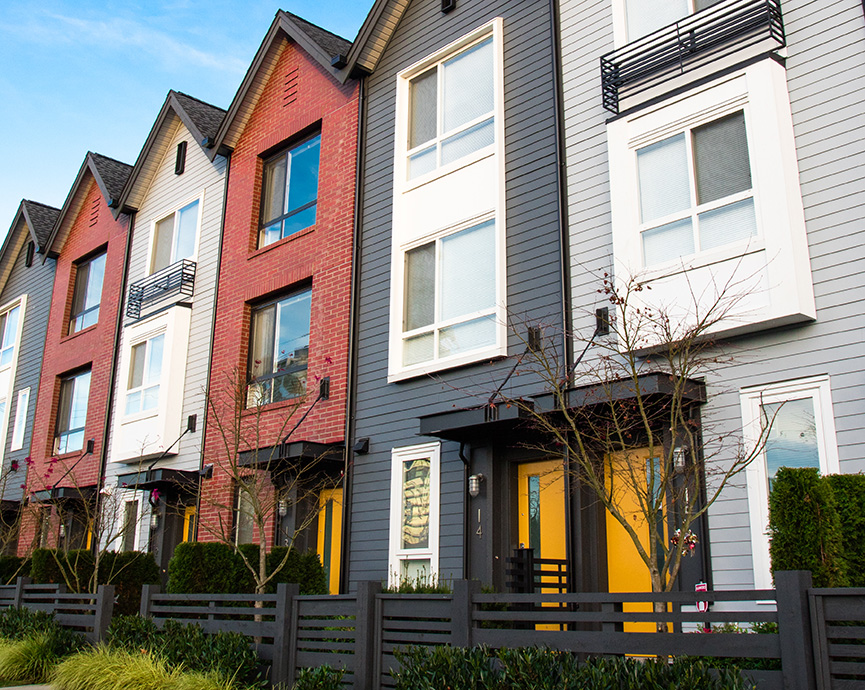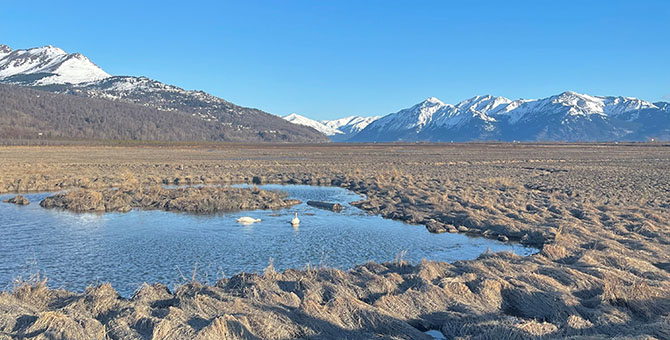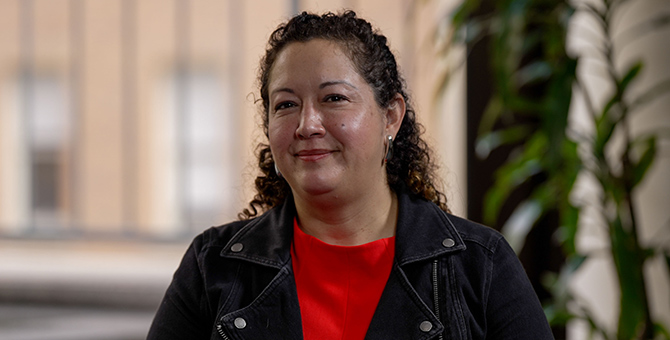Community Engagement and Analysis works to understand the economic experiences of lower-income households and communities to help build a stronger economy for all Americans.
ENGAGE: We engage our communities to surface information on how economic conditions and emerging issues are impacting lower-income consumers and workers across the Twelfth Federal Reserve District. We meet with a broad range of contacts to help inform monetary policy and other areas of work at the Federal Reserve Bank of San Francisco.
INFORM: We conduct research and share information on community development topics, including access to credit and financial services, labor force participation, housing, neighborhood revitalization, and regional collaboration. We also help surface practical approaches that support local efforts to promote economic opportunity.
CONNECT: Through our events, roundtables, and one-on-one conversations, we facilitate dialogue, shared learning, and partnership building across sectors. Our activities also help banks understand the financial and credit needs of local communities and find ways to meet requirements under the Community Reinvestment Act.
This work to engage, inform, and connect those in the community development field is one of the Federal Reserve’s core functions as the U.S. central bank. It’s an important responsibility of the Federal Reserve rooted in its mandates from Congress.
Federal Reserve System resources:
- Fed Communities – Community development resources, data, and stories from across the Federal Reserve System
- Fed Small Business – Research on small business, including the Federal Reserve’s annual Small Business Credit Survey
- Federal Reserve Resources for Community Development – Links to community development resources at the Federal Reserve Board of Governors and all 12 Reserve Banks
Sign up for newsletters, announcements, and events about community development trends and issues.
Our Research
Research publications on community development trends and issues.
In-depth analysis of emerging community development issues from practitioners and scholars.
Regional data profiles and analysis on community development-related issues.

Interactive Tool Charts Pandemic Homebuying Trends
A new interactive tool from Senior Researcher Rocio Sanchez-Moyano allows users to examine homebuying activity during the pandemic in their communities. For the blog, she uses this tool to examine the Boise housing market.
The Shifting Landscape of Job Proximity: A Conversation with Visiting Scholar Scott Allard
SF Fed Visiting Scholar Scott Allard and Assistant Vice President of Research Elizabeth Kneebone discuss the importance of job proximity, especially for lower-income workers, and their research collaboration focused on understanding how proximity to jobs has shifted for low-income workers and communities since the pandemic.

Meet Our Staff
Get to know our Community Engagement and Analysis team at the Federal Reserve Bank of San Francisco.
View All Staff